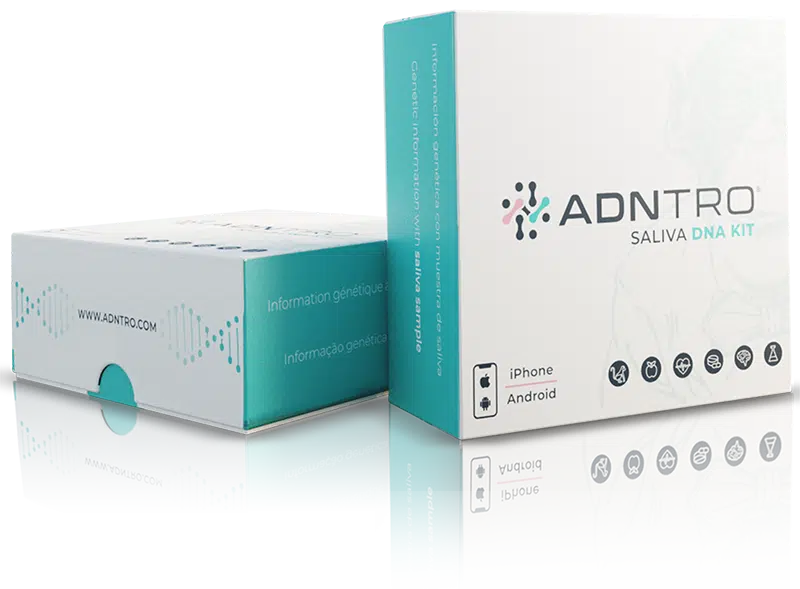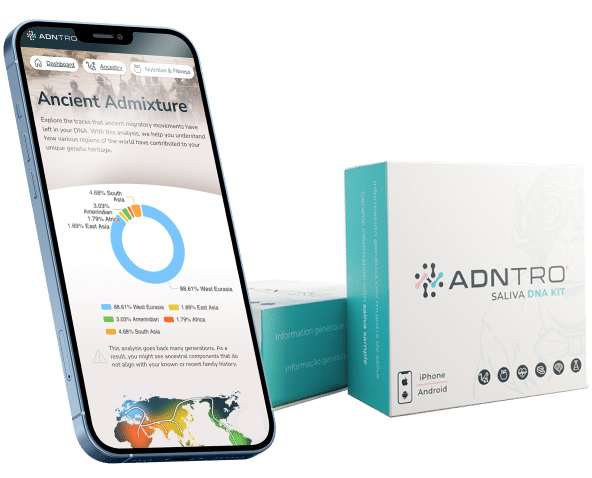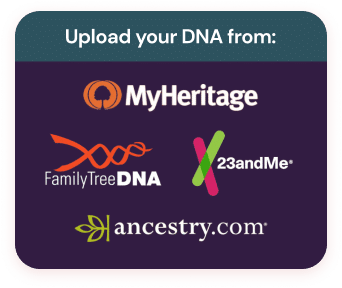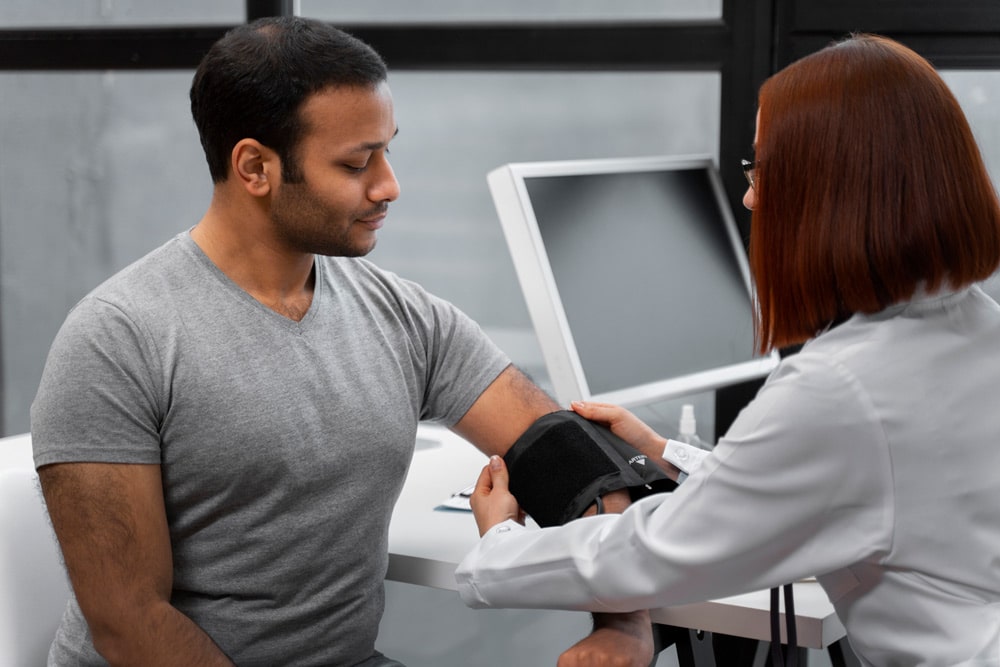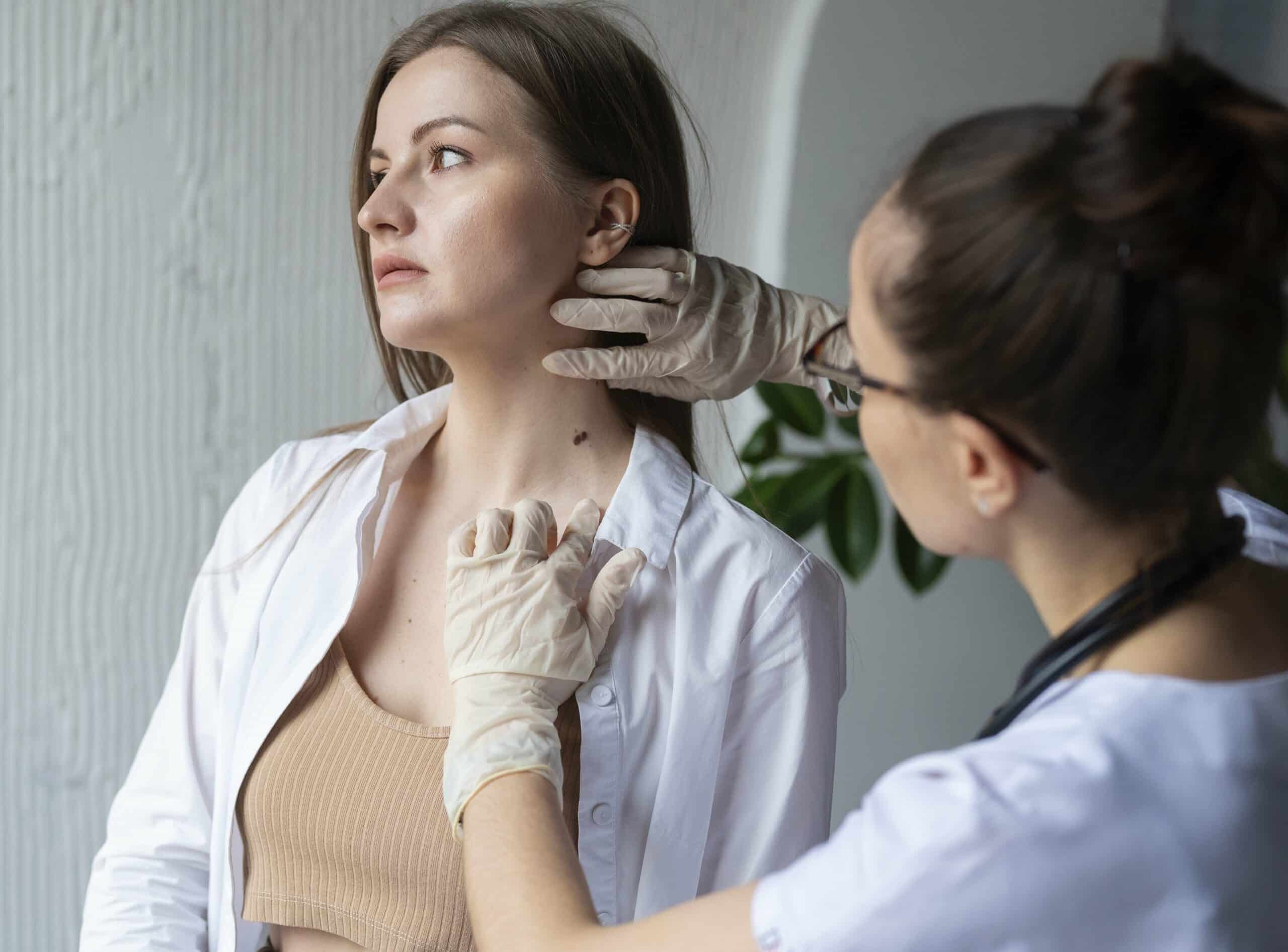The genome is the set of genetic instructions found in a cell that give rise to biological life. In the case of humans, such instructions are stored in 23 pairs of chromosomes (23 maternal chromosomes and 23 paternal chromosomes), with chromosome 23 being different depending on the gender of the individual (XX in females and XY in males).

The image of these 23 pairs of chromosomes constitutes the human (female in this case) karyotype. Any change that alters the chromosomal endowment of the person, known as aneuploidy or chromosomal abnormality, will produce changes in the karyotype and trigger syndromes. Among these possible changes that the karyotype may undergo, we find monosomies and trisomies.
What are aneuploidies?
Aneuploidy refers to the situation in which one or more chromosomes are missing or have extra copies beyond the usual number. As each chromosome contains hundreds of genes, the addition or loss of a single chromosome alters the existing balance in the cells and, in most cases, is not compatible with life.
Most chromosomal abnormalities occur during sperm and egg generation. They occur because chromosomes become unbalanced during the process in which gametes are generated (process called meiosis). These abnormal gametes are usually eliminated during spermatogenesis or oogenesis. However, some of these abnormalities can also occur during the beginning of embryo division, affecting the developing embryo.
Types of aneuploidies
In humans, the most common types of aneuploidy are trisomies and monosomies.
Trisomies
The trisomies are the result of having an extra chromosome. About 0.3% of births have this genetic disorder. Some well-known trisomies include:
- Down Syndrome (Trisomy 21)
- Edwards syndrome (Trisomy 18)
- Patau's syndrome (Trisomy 13)
Monosomies
The monosomies are the complete absence of one of the chromosomes found in humans. The most common monosomy is the deletion of the entire X chromosome (monosomy XO), which results in the Turner syndrome.
Turner syndrome

Turner Syndrome affects women (approximately 1 in 2,500). It is characterized by the absence of one X chromosome and affects the development of girls. Individuals with this monosomy have the most characteristic features of short stature and infertility. Women with this syndrome often present with a short neck, ears positioned lower than normal, and swollen hands and feet.
They may also have associated health problems such as hypertension, diabetes, kidney problems, osteoporosis, cataracts and thyroid problems.
Health Impact of Aneuploidies
Aneuploidies have a significant impact on health because of the alteration in the number of chromosomes. The loss or gain of genetic material affects the development and function of cells, which can result in a wide range of health problems, from developmental delays and intellectual disabilities to physical and metabolic problems.
Diagnosis and Treatment
Diagnosis of aneuploidies is usually performed by prenatal tests such as amniocentesis or chorionic villus biopsy.which allow analysis of the fetal karyotype. In some cases, non-invasive techniques such as analysis of free fetal DNA in maternal blood can be used.
The treatment and management of aneuploidies varies depending on the type and severity of the disorder. In many cases, management includes supportive therapies to address specific symptoms and complications,such as developmental therapies, medical treatments for associated health problems, and in some cases, surgical interventions.
Understand the aneuploidies and their impact on health is crucial for the proper diagnosis and management of these disorders. Through advances in genetic medicine and prenatal diagnosis, it is possible to identify and address aneuploidies more effectively, thus improving the quality of life of affected individuals.

